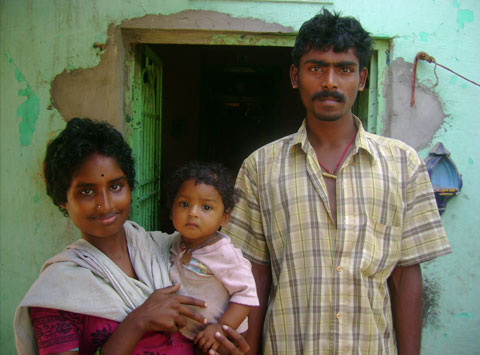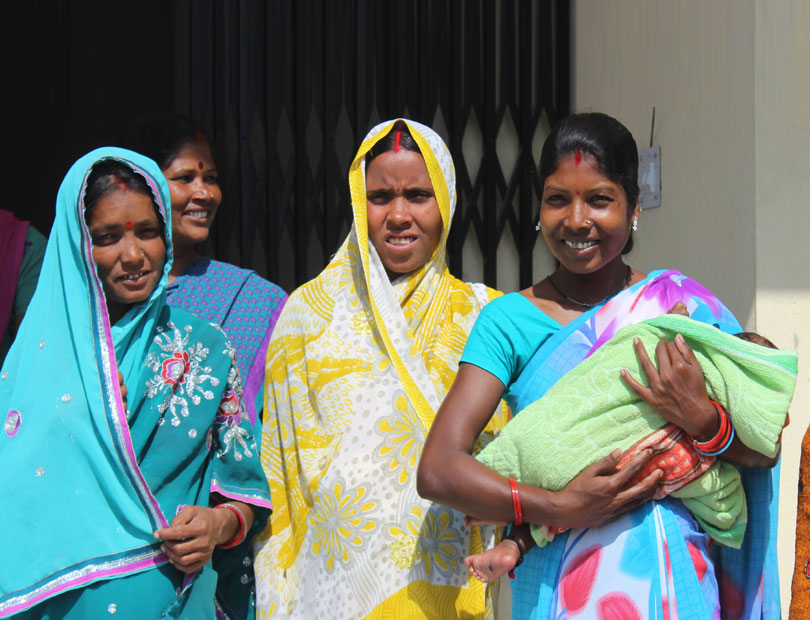Ms. Prafulla Sanibigraha is one of the dedicated ASHA of Bairanda Mangarajpur village under Soro Community Health Centre of Balasore district. She has studied up to +2 science and working as ASHA since last 13 years.
She attended the training on gender, social inclusion and respectful care (GIRC) in family planning services under MCSP, USAID supported and facilitated by Centre for Catalysing Change (C3). Gender biases in our society creates more inequity and often various forms of discrimination against women, which can be altered by progressive processes and actions at family and society levels which she has learnt and realised from training programs. Child bearing and breast feeding are the things which God has given to women only; on all other things women are equal with men. In other words, men should share equal responsibility with women in matter relating to reproductive health and child rearing. She got training on gender for the first time and this training was an eye opener for her. On respectable care, she says all Frontline Health Worker-ASHA and ANMs should behave well with the clients and their family members, maintain privacy and confidentiality about their health and other information relating to health and choice of family planning etc. According to her, “warm and friendly behaviour of service providers will minimise pain of a client magically even before the onset clinical intervention”.
She says after attending GIRC training program, frontline workers were more serious and conscious of their behaviour with the clients. Now- a-days, curtains are used almost invariably for the antenatal check-up during VHND sessions. Also, client examination and counselling is provided maintaining privacy and confidentiality at Sub-Centres and VHND sessions. “GIRC training has given her more confidence for counselling the eligible couple, especially the men. This has been great benefit to her, she says





